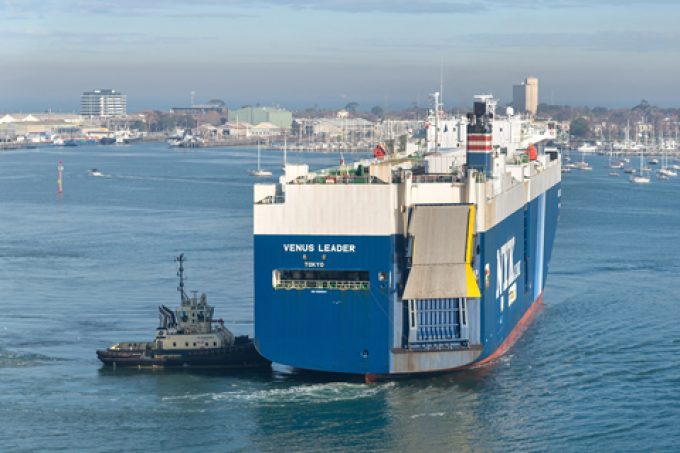MSC set for drive into car-carrier arena with takeover bid for Gram
MSC has launched an opportunistic effort to break into the car-carrying market with a bid ...

Following Maersk’s divestment from Höegh last week, the latest projections from Clarksons Research are that car-carrier volumes will be up 12% this year, compared with pre-pandemic (2018) levels.
It has not been unusual to see the charter of a 6,500 ceu [car equivalent unit] car-carrier fixed at rates of $110,000 a day this year, with one of a $115,000 a day agreed in October, said Clarksons.
Maersk sold 20m shares, representing a 10.2% stake in Höegh Autoliners, on 28 November for NOK90, around $8.50 per share. The amount was just shy of the market peak of NOK93.55, which occurred a month earlier.
The sale was the last of three high-profile divestments by Maersk, which may have raised as much as DKK2.5bn ($364m) in the process of cashing-out of Höegh – money it sorely needs after almost falling into the red in Q3.
Höegh Autoliners CEO Andreas Enger also sold part of his own stake in November, raising NOK53.4m ($4.8m).
Automotive industry experts said China was using ‘loss-leader tactics to flood the market with cheap electric cars’, whose production lines are easier and quicker to tool at scale than those of petrol cars.
And EC president Ursula von der Leyen recently claimed global markets “are now flooded with cheaper Chinese electric cars”, with the Chinese government keeping prices “artificially low” using “huge state subsidies”.
Whether or not this ‘flood’ will remain, a constrained supply of car-carriers is liable to continue until late 2024, at least. Thereafter, a massive number of PCTC newbuilds, many of them ordered by Chinese carmakers, will start to be delivered – according to Clarksons, the orderbook amounts to around 677,000 ceu, equating to 37% of today’s fleet capacity.
Speculation has since mounted over whether Maersk intends to buy and operate its own car-carriers; however, the shipping giant has thus far declined to comment.
Comment on this article